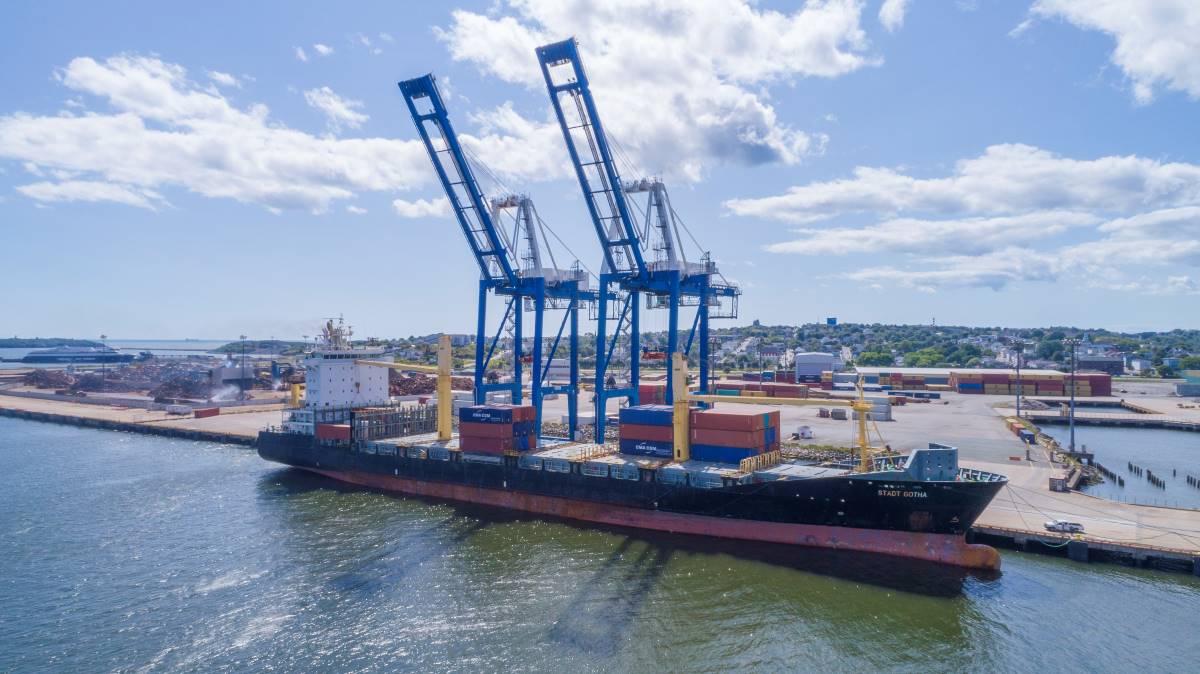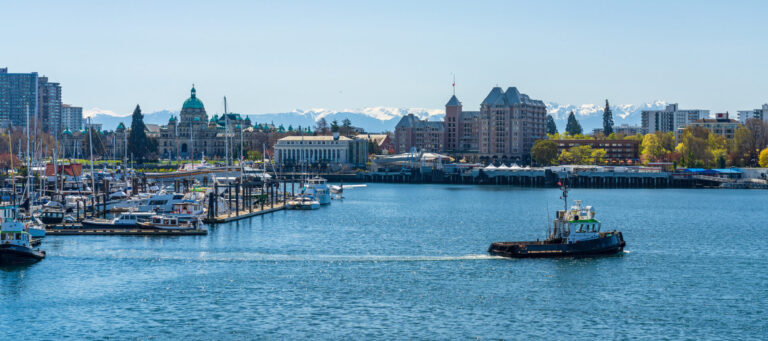A new Ipsos survey for the Canadian Construction Association reveals that while most (95 per cent) view Canada’s trade infrastructure, like highways, ports, railroads and airports as important to Canada’s economy, almost four in 10 (38 per cent) say Canada’s trade infrastructure is in poor (30 per cent) or bad (eight per cent) shape, leaving a wide gap between the perceived importance of trade infrastructure in Canada and the assessment of its current state.
Canadians also place a high degree of importance on a skilled workforce (95 per cent), supply chains, labour supply, and internal trade (94 per cent in each) and international trade (with other countries; 92 per cent) in relation to Canada’s economy.
All of these are considered even more important among those aged 55 years and over, compared to those aged 18-34 years. Labour supply is rated as statistically significantly more important among women (95 vs. 92 per cent men) as well as internal trade (96 women vs. 92 per cent men).
While a high degree of importance is placed on international trade, Canadians underestimate the proportion of Canada’s economic activity that relies on international trade. When asked to guess what proportion of Canada’s total economic activity (GDP) depends on international trade, on average, Canadians guessed 50.5 per cent, underestimating the true figure (65.43 per cent). When told the true figure, the proportion who consider international trade “very important” increased from 52 to 62 per cent.
The majority of Canadians would like to see changes to trade infrastructure and collaboration among governments and industry to create a national plan for long-term trade infrastructure and investment. Over nine in ten (93 per cent) Canadians strongly (55 per cent) or somewhat (38 per cent) agree that given how important trade is to Canada, we need to prioritize making sure that our trade infrastructure can effectively move people to jobs and products to market. This sentiment resonates most strongly in Alberta (97 per cent) and Ontario (95 per cent). A similar proportion (94 per cent) of Canadians also strongly (54 per cent) or somewhat (40 per cent) agree that Canadian governments and industry need to work together to create a national plan to invest in building and maintaining long-term, trade infrastructure.
The level of agreement is at least nine in ten in every region — highest in Alberta (96%) and Ontario (95 per cent) — suggesting a national consensus has emerged on the issue. Canadians also show high concern about how taxpayer dollars will be spent, with nine in ten (92 per cent) concerned that without a strategic and long-term plan, taxpayer dollars for trade infrastructure investments may not be spent wisely.
When comparing Canada to other countries, Canadians show concern on a number of factors and what this means for their future:
- 91 per cent think that Canada’s level of investment in trade infrastructure should be proportional to that of other G7 countries
- 87 per cent find it concerning that Canada has dropped from 10th in 2009 to 32nd (behind Azerbaijan) in 2019 in the World Economic Forum’s ranking of quality of transportation infrastructure
Nine in ten (91 per cent) think staying competitive with other major trading economies like the US, the EU, the UK and Australia is very/somewhat important, but a similar proportion (88 per cent) find it concerning that among major trading economies like the US, the EU, the UK and Australia, Canada is the only one that does not have a long-term trade infrastructure plan.
Featured image: (Port Saint John)











